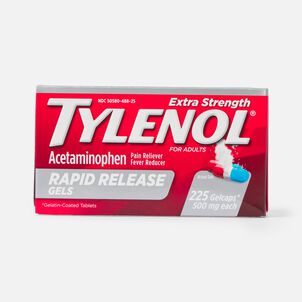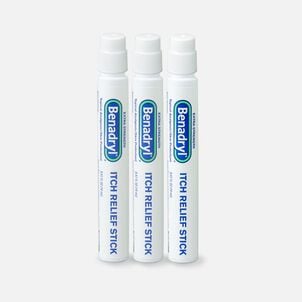Male infertility treatments

When you think of infertility, you might think of women taking ovulation tests, and undergoing medical procedures such as in vitro fertilization (IVF). But infertility affects men, too. In fact, it's estimated that male infertility plays a role in 30% of all infertility cases.
We know that traditional fertility treatments for women are FSA-eligible. But what about fertility treatments for men? Or even non-traditional treatments, like Eastern medicine techniques? Since many insurance plans don't cover infertility treatments, your FSA can save you big on your journey to parenthood.
As we close out Men's Health Month, let's take a closer look at male fertility treatment eligibility.
Traditional fertility treatments
This one is pretty cut-and-dry. Most fertility treatments for men are FSA-eligible, with a few exceptions, such as the use of a surrogate via IVF or the long-term storage of sperm or eggs.
Fertility treatments such as IVF, intrauterine insemination, certain fertility medications, and temporary sperm storage are all FSA-eligible for the account holder and qualifying dependents, though you may need documentation from your doctor or care provider. This could potentially be a huge money-saver, since one round of IVF can cost upwards of $20,000. Sperm storage is also costly, with fees ranging from $1,100-$1,300 or more.
But, keep in mind that not all of these services are covered by all FSA plan providers, so be sure to check with yours before undergoing any of the above. Additionally, many fertility-related products, such as male fertility tests, are FSA-eligible.
It's worth noting that insurance usually isn't much help in paying for infertility treatments. Sixty-five percent of businesses' health insurance plans pay for an initial evaluation with a fertility specialist, 41% cover drug therapies, and just 27% cover IVF.
Non-traditional fertility treatments
If you choose to take a non-traditional route on your infertility journey, you may be considering an Eastern medicine approach. Good news - Chinese Herb Practitioners and some herbal remedies may both fall under the FSA-eligible umbrella.
This approach typically requires a letter of medical necessity, and as with all eligibility questions, you'll want to talk with your FSA plan administrator as to what exactly they'll qualify and what type of documentation will be required.. You'll either need to fill out an official form or have your practitioner write one on their own, depending on your plan. You'll also need to include a receipt for the services rendered in order to be reimbursed via your FSA.
Other non-traditional approaches to fertility treatments for men may be eligible for coverage under the complementary and alternative medicine (CAM) classification.
CAM includes treatment or medicine that falls outside of traditional medicine, such as those based in Eastern medicine. Alternative medicine is growing in popularity, with more than 40 percent of Americans reporting that they have used some sort of alternative medicine.
Another option? Obtain a letter of medical necessity under the coverage umbrella of "alternative treatments." This essentially covers anything from homeopathy to naturopathy to energy therapy to Reiki.
The road to parenthood is different for everyone. Some couples conceive easily, others need a bit of extra help. But being informed when it comes to your insurance coverage and FSA eligibility can save you big in the long run. And with that new addition to your family, you'll need all the extra cash you can get.


















